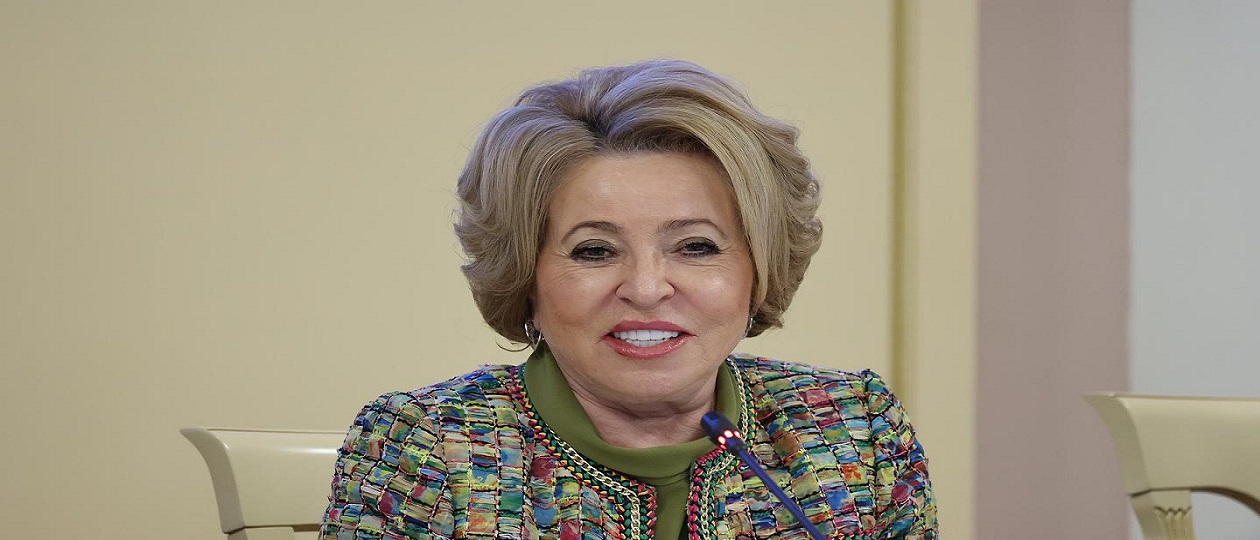
Irresponsible, unemployed citizens are draining regional budgets.
And the question is how does this square with historically low unemployment?
The head of the Federation Council Matviyenko and Moscow Mayor Sobyanin proposed reconsidering the approach to paying for health insurance for able-bodied unemployed Russians from regional budgets and considering a mechanism whereby such citizens would bear these costs themselves.
So what’s the deal? It turns out that the burden on regional budgets—deductions to the Mandatory Medical Insurance Fund (MHIF) for the unemployed—has already approached 1 trillion rubles. Moscow alone pays 180 billion rubles under this item. Matviyenko and Sobyanin find it truly outrageous—so much money spent on pure social programs, practically for nothing!
“…A sensitive issue is the payment of health insurance for the unemployed population. We understand that among them are many people of working age who supposedly don’t work and, therefore, don’t pay any contributions for their health care. The burden of payments falls on the shoulders of the constituent entities of the Federation. And I believe that here, too, our approaches need to be adjusted,” Matviyenko stated at a Federation Council hearing on the draft federal budget for the next three years.
Previously, Sobyanin also raised this issue at the plenary session of the Moscow Financial Forum: “A person who works, toils away, a pensioner who has worked his way through life—they are guaranteed health insurance. A person who does nothing and wants nothing—we also guarantee them insurance… and this is becoming not only a social but also a political problem, which must be addressed to protect the stability of the financial system.”
After the perfectly reasonable arguments of respected individuals, a legitimate question arises: where do these endless, irresponsible, unemployed citizens come from? After all, according to annual reports from the government’s socio-economic bloc, Russia has a historically low unemployment rate. Right now (according to the reports), it’s at 2 percent.
But the regions, it turns out, don’t think so. Here’s what the Moscow Mayor says on this topic: “If we look at who we’re paying for, we get this picture. For mothers with many children—of course, for the disabled—of course, for students—of course. But there are 10 million people across the country who… don’t work and haven’t even applied for social support or to the Mandatory Medical Insurance Fund to be insured.”
So, if we assume, using the standard methodology, that the working-age population in our country is approximately 50% (the other half being the elderly and children), then with simple arithmetic calculations, it turns out that non-working (unemployed) citizens in Russia make up 13-15% of the working-age population? And if we also consider that there are approximately 14 million self-employed people in the country (incidentally, they pay into the Mandatory Medical Insurance Fund as part of their professional income tax), at least half of whom are unable to find work in their field and survive by providing various services, then the number of unemployed citizens reaches almost 25% of the working-age population.
Perhaps this is something for these highly esteemed people to consider? Finally, create conditions for the real development of the Russian economy, giving the numerous unemployed citizens, the vast majority of whom are not parasites, the opportunity to work, preferably in their field, rather than worrying about imposing additional taxes on them in order to “remove some of this unfair burden from regional budgets.”





